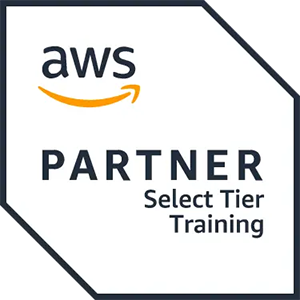The Professional Scala training course will equip you with writing Scala code efficiently, in a way that can be easily managed. This fast-paced course leads you through the functional and object-oriented concepts that are used in Scala. You’ll learn how to write safer and stable code by using pure functions and immutable data structures.
Scala is a general-purpose programming language, combining elements of object-oriented with functional programming. It is backed by a strong type system and is designed to be concise.

 United Kingdom
United Kingdom Germany
Germany Denmark
Denmark Sweden
Sweden Italy
Italy Netherlands
Netherlands Norway
Norway 
















 Kesto
Kesto  Toimitus
Toimitus  Hinta
Hinta